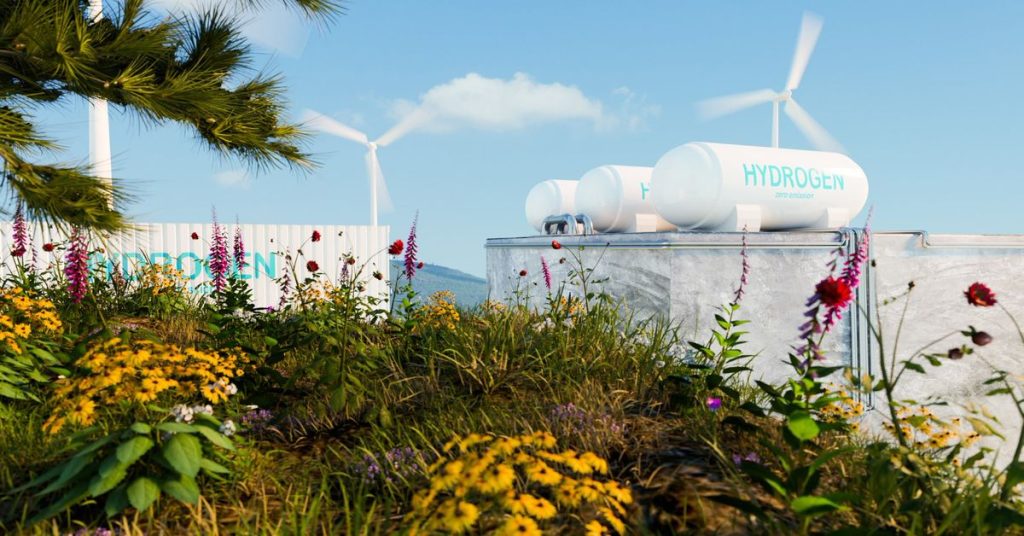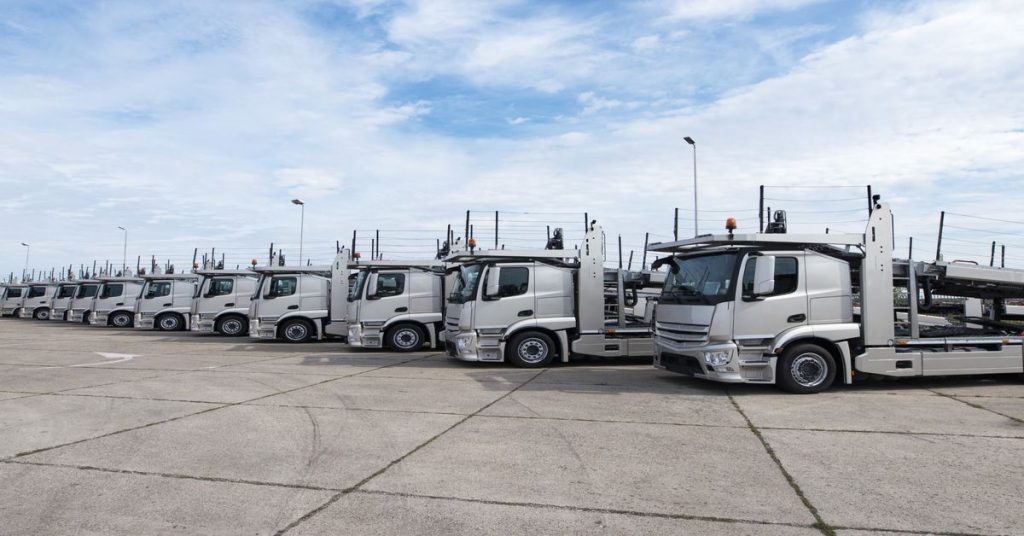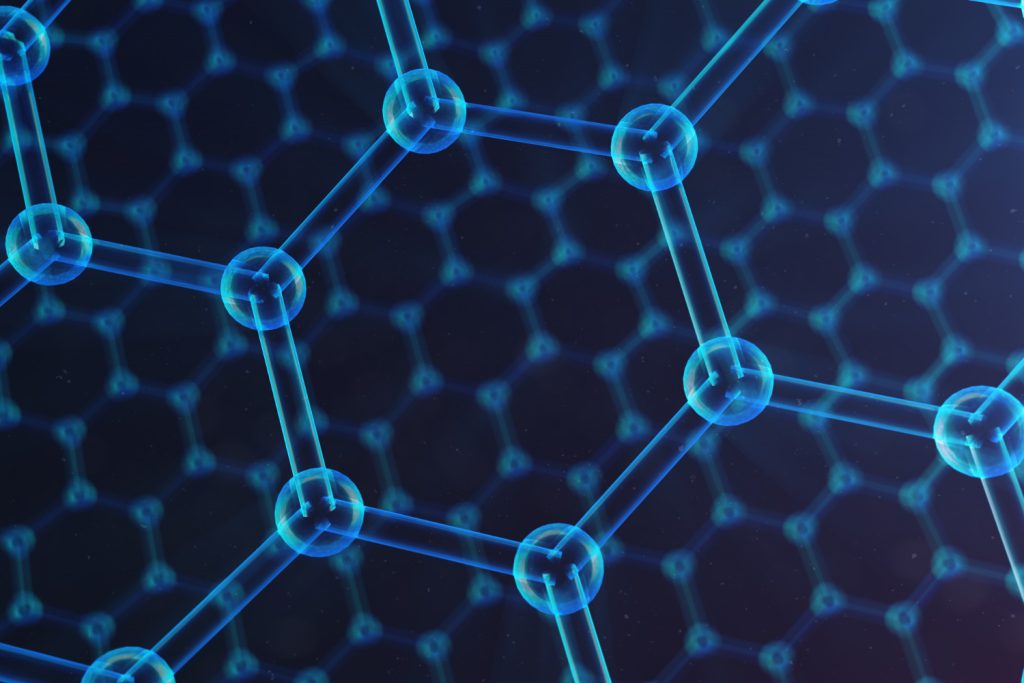Suitable biological conversion processes of biomass in a circular economy
Suitable biological conversion processes of biomass in a circular economy Biomass must be processed to be used as chemicals, energy, or materials. There are several conversion and separation technologies available. Microorganisms or enzyme-related activities carry out the biological conversion processes. The most important recognised biological conversion process mechanisms are covered in this article. Fermentation …
Suitable biological conversion processes of biomass in a circular economy Read More »








